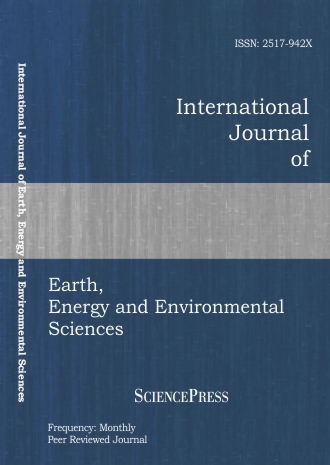
Scholarly
Volume:5, Issue: 4, 2011 Page No: 256 - 260
International Journal of Earth, Energy and Environmental Sciences
ISSN: 2517-942X
742 Downloads
Necessity of Risk Management of Various Industry-Associated Pollutants(Case Study of Gavkhoni Wetland Ecosystem)
Since the beginning of human history, human activities have caused many changes in the environment. Today, a particular attention should be paid to gaining knowledge about water quality of wetlands which are pristine natural environments rich in genetic reserves. If qualitative conditions of industrial areas (in terms of both physicochemical and biological conditions) are not addressed properly, they could cause disruption in natural ecosystems, especially in rivers. With regards to the quality of water resources, determination of pollutant sources plays a pivotal role in engineering projects as well as designing water quality control systems. Thus, using different methods such as flow duration curves, dischargepollution load model and frequency analysis by HYFA software package, risk of various industrial pollutants in international and ecologically important Gavkhoni wetland is analyzed. In this study, a station located at Varzaneh City is used as the last station on Zayanderud River, from where the river water is discharged into the wetland. Results showed that elements- concentrations often exceeded the allowed level and river water can endanger regional ecosystem. In addition, if the river discharge is managed on Q25 basis, this basis can lower concentrations of elements, keeping them within the normal level.
Authors:
References:
[1] Majnunian, Henrick (1998), Wetlands: Classifying and Protecting